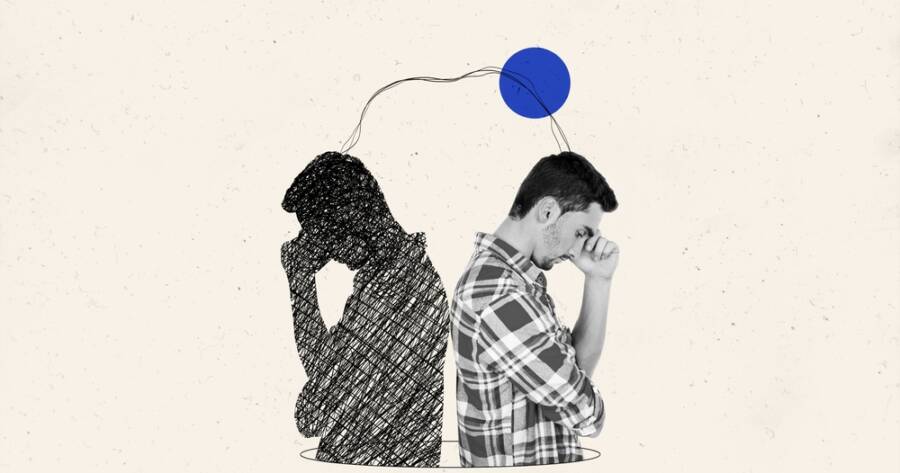Depression, a complex mental health condition, could affect anyone at any point in life. If someone were to experience persistent feelings of sadness, a lack of energy, or a loss of interest in previously enjoyable activities, they might consider speaking with a healthcare provider. Though experiencing occasional low moods might be normal, a diagnosis of depression would require symptoms to be consistent and significant, affecting one’s daily life for at least two weeks.
How Depression Is Diagnosed
A diagnosis of depression may involve several steps, as healthcare providers typically consider physical, emotional, and environmental factors. If someone were to seek help, their provider might start by conducting a clinical assessment, asking about symptoms, medical history, lifestyle, and any personal or family history of mental health conditions.
A physical examination might also be part of the diagnostic process. If a doctor suspected an underlying medical issue, such as a thyroid disorder or a vitamin deficiency, they would likely order blood tests to rule out other causes. This approach could help ensure that symptoms are not the result of another condition, as untreated health issues might exacerbate depressive symptoms.
In some cases, a doctor could use a standardized questionnaire, like the Patient Health Questionnaire (PHQ-9), to evaluate the severity of symptoms. This tool allows for a more objective measure of symptoms, which might aid in creating an effective treatment plan.
Treatment Options for Depression
Treating depression could involve several different approaches, and finding the right treatment might take time. Some people might benefit from one treatment alone, while others could require a combination of approaches to achieve optimal results.
- Psychotherapy
Psychotherapy, or talk therapy, is a common treatment for depression. If someone were to start therapy, they might choose from various options, such as cognitive-behavioral therapy (CBT), interpersonal therapy, or psychodynamic therapy. Each type of therapy has unique benefits. For instance, CBT could help individuals identify and reframe negative thought patterns, while interpersonal therapy might focus on improving relationships and communication. Therapy sessions might occur weekly and could be provided in person or through online platforms. - Medication
Antidepressant medications may be prescribed for moderate to severe depression. These medications, which include selective serotonin reuptake inhibitors (SSRIs) and serotonin-norepinephrine reuptake inhibitors (SNRIs), could help balance neurotransmitters in the brain. If someone were to consider medication, they would typically work closely with their doctor to determine the right type and dosage, as the effects might not be immediate and could require adjustments over time. It’s also important to note that medications might have side effects, so regular follow-up would be essential to monitor progress. - Lifestyle Adjustments
Certain lifestyle changes could have a positive effect on depression symptoms. For example, regular exercise might boost endorphins and improve mood, while a balanced diet and adequate sleep could enhance overall well-being. If a person were to incorporate mindfulness practices, such as meditation or journaling, they might find that these techniques help reduce stress and promote mental clarity. - Alternative Treatments
In some cases, a doctor might suggest alternative treatments if traditional approaches do not yield the desired results. For instance, transcranial magnetic stimulation (TMS) and electroconvulsive therapy (ECT) could be considered for treatment-resistant depression. Though these options may sound intimidating, they are often safe when administered by a medical professional and might offer relief for those who have not responded to other treatments.
Toward a Brighter Future
For anyone facing depression, seeking treatment could be a vital step toward recovery. Though it might take time and patience to find the right approach, support is available. If more people were to understand the diagnostic process and available treatments, there might be less stigma surrounding depression, creating a more compassionate environment for those in need of help.

